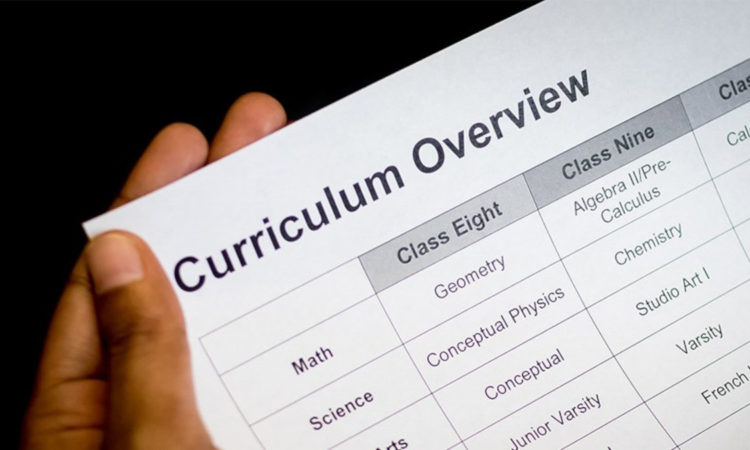All other components of the education system such as infrastructure development, school finance and ancillary staff, just to name a few; work in collaboration to improve teaching and learning.
That posits the teacher’s curriculum practices which yields student learning to the pinnacle of the entire education system.
Learning in the classroom takes place only when the teachers and students are actively engaged in learning activities with the curriculum as the vehicle of interaction.
The complex curriculum processes and practices encapsulate the development of the intended curriculum, implementation and evaluation.
Student learning happens in the enacted curriculum where the teacher plays the crucial role of implementing the curriculum.
Papua New Guinea is into implementing the standards–based curriculum (SBC), a shift from the out comes-based curriculum (OBC).
There will be a series on curriculum theories and processes with the intention of informing the public about the curriculum practices that all students pass through to take their place in the real world.
The series is based on a PhD thesis and provides insight into developing curriculum policy for practice in Papua New Guinea.
What are Papua New Guinea’s National Curriculum Goals?
The PNG National Curriculum goals are what the country intends to achieve in education.
Teachers and those involved in education need to know what PNG intends to achieve in education; the need to understand the curriculum goals or curriculum intent is paramount.
The overarching national curriculum goal is achieving quality education for all scribed as a sub-title of the National Education Plan (NEP) 2020-2029 (Department of Education, 2020).
The curriculum goals are aligned to the National Goals and Directive Principles captured in PNG Vision 2050, the PNG Development Strategic Plan 2011-2030, the Medium Term Development Plan III 2018-2022, and the Education Sector Strategic Plan (DoE, 2020).
Our vision is an education system that is affordable for parents and Government, that appreciates Christian and traditional values, and that prepares literate, skilled and healthy citizens, each educated and trained to their fullest potential, to contribute to the economic and social development of the nation (DoE, 2020).
These goals should be expressed in a National Curriculum Statement, a curriculum framework that guides all curriculum policy and practices; as for the Outcomes based Education that is phased out.
Though the NEP 2020-2029 states that, “A National Curriculum Standards Framework (NCSF) was endorsed in 2013 that supersedes the National Curriculum Statement” (DoE, 2020, p16); it is yet to be published.
The NCSF is a key policy document that should provide a clear policy guideline in all curriculum activities to achieve the national curriculum goals.
Curriculum Definition
Defining curriculum construct is problematic; there is no definite definition because of the complex curriculum processes.
People define curriculum differently to suit their conceptual framework aligned to what they are doing in curriculum.
The definition adapted for this series is from Bobbitt (1918) and Proust (2012).
They defined curriculum as the course of deeds and experiences that children pass through to succeed and become the adult’s society expects (Bobbitt, 1918; Proust, 2012).
Bobbitt viewed curriculum as encompassing the entire scope of formative deeds and experiences that students encounter, both in and out of school (Proust, 2012; Bobbitt, 1918).
Bobbitt included experiences that were unplanned and undirected mostly outside the classroom, as well as experiences intentionally directed as in the classroom for the purposeful formation of adult society members.
The meaningful learning experiences Bobbitt (1918) referenced are those facilitated by the teacher for student engagement in preparation for life in the real world after school.
In other words, Bobbitt asserted that the deeds and experiences students engage will ground the students with the necessary knowledge and skills to sustain their life later in society.
Dr John Wanis is a teacher by profession who has a PhD in Education majoring in Curriculum and Teaching from James Cook University, Queensland, Australia.

